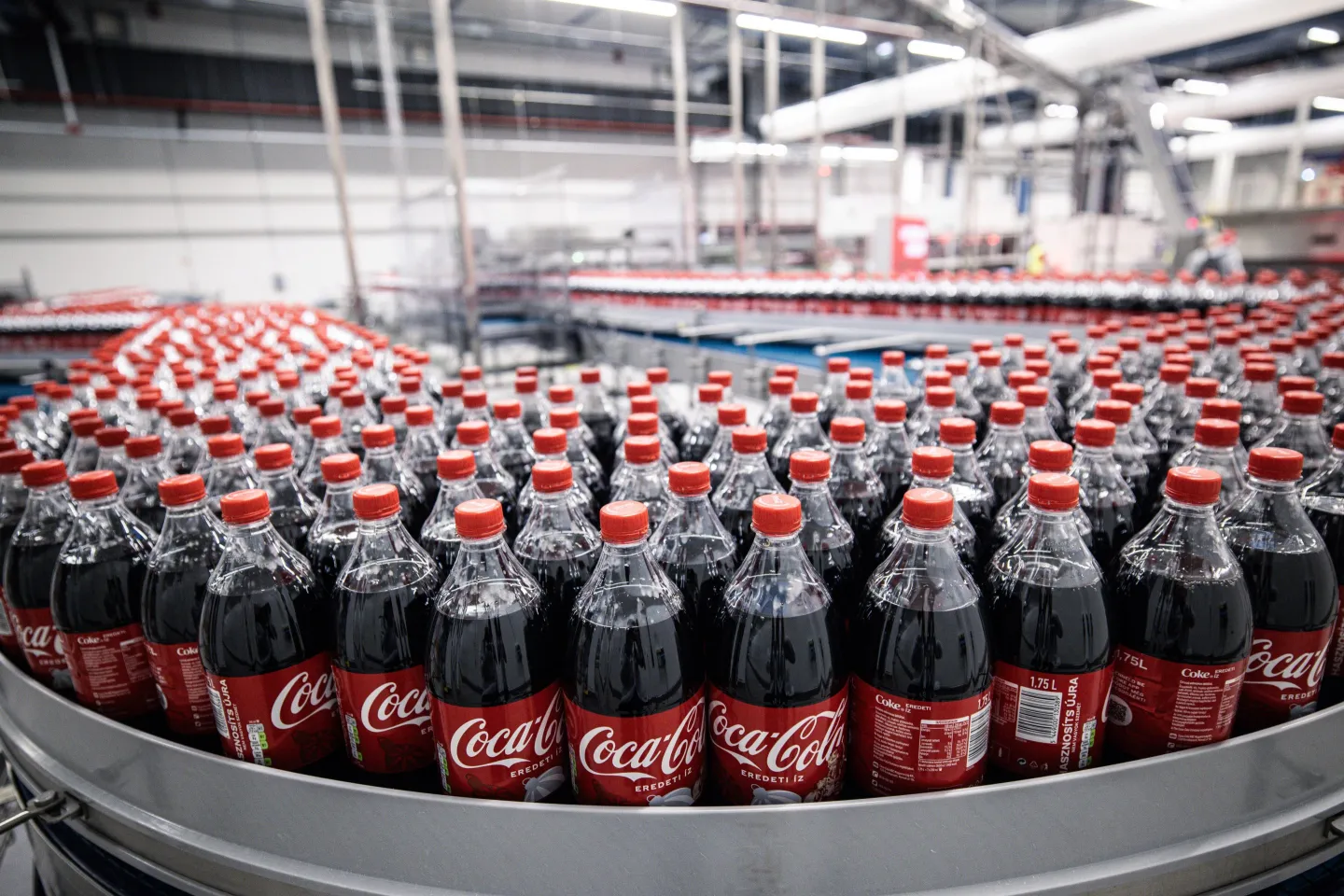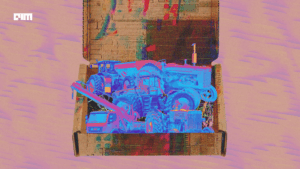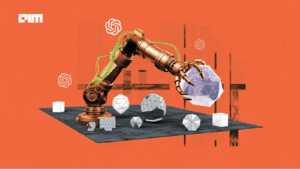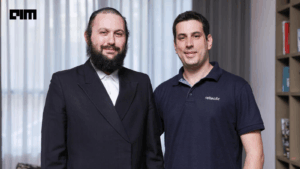For more than 139 years, The Coca-Cola Company has built its legacy on refreshing billions of people worldwide. Beyond beverages, the company has increasingly positioned itself as a pioneer in sustainability, digital transformation, and technology-driven innovation. In September 2025, Coca-Cola announced a bold new chapter in its journey—joining the Massachusetts Institute of Technology (MIT) Generative AI Impact Consortium (MGAIC) as a founding member. At the same time, it launched a global initiative called “Save the Orange,” aimed at fighting one of the most devastating agricultural diseases of our time: citrus greening.
This dual announcement underscores Coca-Cola’s vision of leveraging technology not just for business efficiency but also for societal good. By combining its global scale with the power of generative AI, the company is tackling a challenge that could reshape the future of food and agriculture.
AI in Service of Humanity
Artificial Intelligence has already made its mark on Coca-Cola’s operations. From optimizing supply chains to personalizing marketing campaigns, the company has embraced AI as a core enabler of efficiency and creativity. Now, with generative AI at the forefront, Coca-Cola is extending that commitment to areas far beyond beverages.
The MIT Generative AI Impact Consortium is a collaborative initiative uniting academic researchers, policymakers, and global industry leaders. Members include OpenAI, Tata Group, Analog Devices, SK Telecom, TWG Global, and now Coca-Cola—the only consumer packaged goods (CPG) company at the founding table. The consortium’s goal is to harness generative AI to solve some of the world’s most complex and urgent challenges, creating open-source solutions that balance innovation with responsible deployment.
Anantha P. Chandrakasan, MIT’s Provost, welcomed Coca-Cola’s participation, noting the importance of the company’s reach and insights: “Their global presence will be critical in identifying pressing challenges and mobilizing resources to address them.”
For Coca-Cola, this membership is more than symbolic. Pratik Thakar, Global Vice President and Head of Generative AI at the company, framed it as a convergence of “industry practicality and academic rigor.” The initiative aligns with Coca-Cola’s long-term purpose: to refresh the world and make a difference.

The Urgency of Citrus Greening
At the center of Coca-Cola’s AI-powered vision is an agricultural crisis that threatens one of its most essential raw materials: oranges. Citrus greening disease, known scientifically as Huanglongbing (HLB), is a bacterial infection spread by insects that damages trees from the inside. First identified in Florida in 2004, the disease has since devastated nearly all of the state’s orange groves, causing billions in losses to the global citrus industry.
The stakes are existential. Without breakthroughs in detection, treatment, and prevention, experts warn that oranges could vanish from the world’s supply chain within the next 25 years. For Coca-Cola, which produces global juice brands like Minute Maid, Simply, and fairlife, the impact would be profound—not just on products but on farming communities, supply chains, and cultural traditions tied to citrus.
Christina Ruggiero, President of Coca-Cola’s Global Nutrition Category, summarized the urgency: “As a leading provider of fruit juice worldwide, we have a unique perspective on the critical issue of citrus greening. In these challenging times, we stand with the orange farming community.”
Project “Save the Orange”
To fight citrus greening, Coca-Cola launched “Save the Orange,” an initiative powered by generative AI and rooted in collaboration. The project brings together a coalition of experts across AgriTech, Biotech, Computer Science, Data Science, and Life Sciences. Key partners include:
- Fundecitrus, a Brazilian research lab dedicated to citrus health.
- Invaio Sciences, a Flagship Pioneering company developing precision crop protection technologies.
- MIT researchers, who will deploy advanced AI modeling to accelerate discovery.
The effort is inspired by the collaborative spirit of hackathons, compressing years of research into months through simulation, data-driven experimentation, and interdisciplinary teamwork. By simulating possible treatments, predicting disease spread, and testing interventions virtually, generative AI allows scientists to leapfrog traditional trial-and-error processes.
Amy O’Shea, CEO of Invaio Sciences, emphasized the importance of this approach: “Treatments and application technologies will be critical components of a multi-pronged coordinated effort. We are honored to contribute our products and expertise.”
Antonio Juliano Ayres, Executive Director of Fundecitrus, added: “Citrus greening is one of the greatest threats to global citrus production. Through this partnership, we are uniting knowledge, technology, and people to safeguard the future of citrus.”
Why Coca-Cola Matters in the AI Race
It may seem unusual for a beverage company to take such a prominent role in a global AI consortium. Yet Coca-Cola’s involvement highlights how artificial intelligence is no longer limited to tech firms. As one of the largest buyers of agricultural commodities worldwide, Coca-Cola has both the responsibility and the incentive to ensure the resilience of crops.
By embedding itself in a consortium alongside AI pioneers, the company is signaling that CPG companies can be not only consumers of AI solutions but also contributors to global innovation ecosystems. Coca-Cola’s participation ensures that the voice of consumer goods—where agriculture, supply chains, and everyday consumption intersect—shapes the direction of generative AI research.
The Bigger Picture: AI and Sustainability
Coca-Cola’s AI commitments align with its broader sustainability agenda. The company has long invested in water replenishment, carbon reduction, and packaging innovation. Now, with projects like “Save the Orange,” sustainability intersects with technology in new and powerful ways.
Generative AI, with its ability to simulate complex biological and environmental interactions, is emerging as a tool for climate resilience. From predicting crop diseases to optimizing water use, AI could become a cornerstone of sustainable agriculture. For Coca-Cola, this offers a path to not only secure its supply chains but also strengthen the communities it depends on.
This perspective reflects a shift in how companies view AI—not as a tool for automation alone, but as a force multiplier for global problem-solving. As Thakar put it, “This is AI in service of humanity.”
Challenges and Responsibilities
Despite the optimism, challenges remain. AI-driven solutions require massive datasets, cross-border collaboration, and significant investment. There are also questions about accessibility—how smaller farmers, particularly in developing countries, will benefit from breakthroughs generated by global corporations and research institutions.
Moreover, deploying AI responsibly means balancing speed with ethics. Ensuring transparency, avoiding unintended ecological consequences, and sharing results openly will be critical to making “Save the Orange” a genuine success story.
The MIT Generative AI Impact Consortium was designed with these issues in mind. By making open-source collaboration a core principle, the consortium aims to democratize innovation and ensure that discoveries reach beyond corporate boardrooms.
A Vision Beyond Oranges
While citrus greening is the immediate focus, Coca-Cola’s involvement in AI could set the stage for broader applications. From tackling supply chain disruptions to addressing water scarcity and reducing food waste, the opportunities are vast.
The company’s participation also sends a message to other consumer-facing industries: staying relevant in a world reshaped by AI requires more than adopting tools—it requires active leadership in shaping how the technology evolves.
Conclusion
Coca-Cola’s journey from bottling sodas to joining a generative AI consortium at MIT captures the evolving role of global brands in the 21st century. With “Save the Orange,” the company is putting its weight behind a fight that matters not only to its business but to global agriculture, culture, and nutrition.
If successful, the project could save oranges from extinction, pioneer new models of agricultural resilience, and prove that AI can indeed serve humanity. For Coca-Cola, this is not just about beverages—it’s about reimagining what it means to refresh the world and make a difference in an era defined by technology.









